Future care of older persons
As we acknowledge the International Day of Care and Support, commemorated every year on 29 October, Tafta CEO, Femada Shamam speaks about the challenges facing the older persons sector.
Non Profit organisations (NPOs) have a long history of supporting older people, stepping in when public services fall short. Despite limited resources, organisations like Tafta make a huge difference, not only by addressing the physical needs of elders, but also their emotional and social well-being.
However, the sector faces some big challenges that put the future care of older persons at risk. Here are the main issues:
- Growing demand – The number of older people is rising, and so is the need for services.
- Funding shortfalls – NPOs are struggling with shrinking donor pools and reduced government support.
- Ineffective public services – Many government services are underfunded, inefficient, or even non-existent.
Why are demands for services on the increase? Older people themselves are experiencing a changing world.
Safety Concerns
Escalating violent crime is a serious issue in South Africa, leaving most people feeling unsafe. Many neighborhoods where older adults live are plagued by gangs and substance abusers. Break-ins, shootings, and muggings happen all too often.
The result is that many older people are afraid to walk around or use public transport, leading to a loss of freedom and fewer choices. Victims of crime may experience post-traumatic stress, with long term effects on their quality of life.
Abandonment
As safety concerns push younger people to leave the country, older family members left behind feel abandoned and desperate for protection. Whereas they used to rely on their families for support, they now turn to NPOs like Tafta for safety, accommodation and care.

Lack of foresight
Many older adults haven’t been able to save adequately for retirement or emergencies, like sudden health issues. When they find themselves in trouble, they expect immediate help from organisations like ours. This sense of urgency can lead to frustration when their needs can’t be met right away.
When older people can’t get the help they need from public services, they turn to NPOs in desperation, becoming demanding or confrontational.

Challenges for NPOs
The sector is dealing with numerous challenges that make it hard to provide essential services. These are the five key areas:
- Financial sustainability – Despite the steep increase in the cost of living, the government subsidy of R3,000 per resident hasn’t changed since 2018, and it’s nowhere near the actual cost of providing 24-hour care. Delays in subsidy payments put further strain cash flow, disrupting day-to-day operations. Private donations are down, owing to global economic pressure, while rising municipal tariffs add to the financial burden. We are also noticing the increased compliance requirements – especially in relation to insurance.
- Human Resources – Because we can’t offer competitive salaries, NPOs experience high staff turnover. Others rely on volunteers, which can affect the quality of care. Key positions, like nursing managers and caregivers, are not subsidised, making it difficult to attract qualified staff and increases the risk of abuse or neglect.
- Inefficient systems – The relationship with the government is often one-sided, focusing on administration rather than partnership. Outdated or inadequate documents from the Department of Social Development complicate financial management and cause delays in service provision.
- Service delivery – Access to healthcare, especially in rural areas, is a growing problem. In urban areas, poverty makes it difficult for older adults to access services. Mental health support is also lacking, leaving many elders without the help they need.
- Innovation – When you’re frantically paddling to keep afloat financially, there’s little room for new ideas. Most resources go toward maintaining current services, rather than exploring innovative solutions to meet changing needs.
Future care of older persons – what is needed
In order to keep providing essential services to elders, we need strategies to tackle these interconnected challenges. We need to foster collaboration, ensure fair resource distribution, and align funding with actual care costs.

NPOs, government agencies (the Departments of Health and Social Development) and other partners need to work together to create services that truly meet older people’s needs.
It’s crucial to review and adjust subsidies so they reflect the true costs of caring for older adults. NPOs should receive subsidy payments within 30 days to avoid disruptions in service. The Old Age Grant should be regularly reviewed to ensure it’s sufficient to meet the needs of older people.
Municipalities could offer reduced rates for NPOs to ease the financial burden. The government needs to reinstate and properly fund visiting healthcare services for elders, especially in rural areas where access is limited.
We need strategies to manage aggression and mental health issues in elder care facilities, to ensure safety for both residents and staff. A legal framework should be developed to ensure that the rights of older persons are protected while maintaining a fair balance between the responsibilities of care providers and residents.
Through collaboration, innovation, and a shared commitment to dignity and quality of life, we can transform the care landscape for older persons. The DSD, along with its partners, is well-positioned to lead this transformation, ensuring that older persons receive the care, respect, and support they deserve.
Together, we can build a future where every elder can thrive with dignity and security.


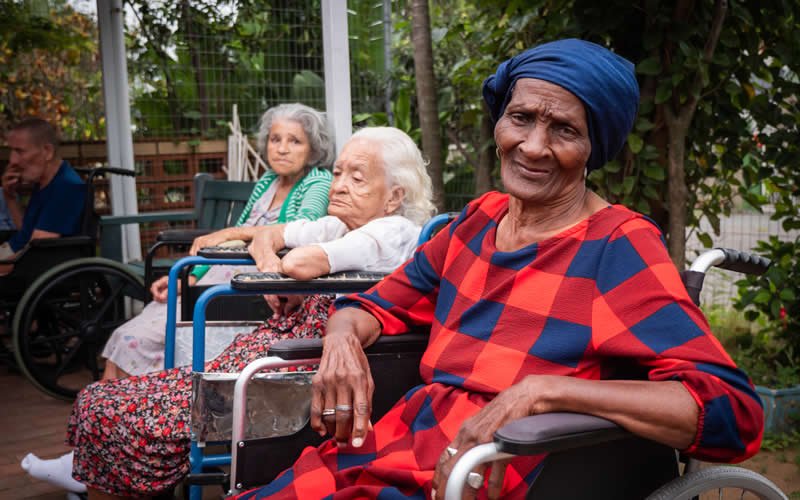


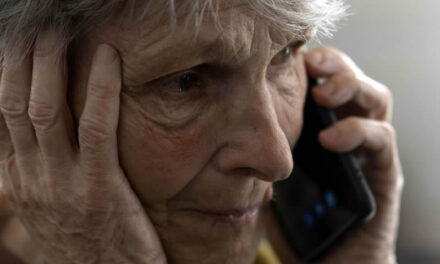
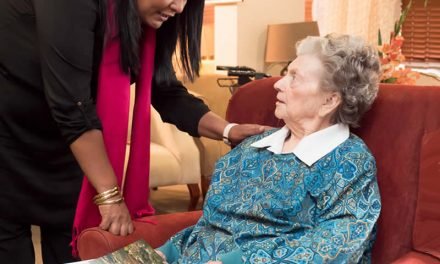
 Celebrating 100 years of life with Mrs Rosemary De Waal
Celebrating 100 years of life with Mrs Rosemary De Waal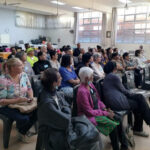 Open Days at Tafta – explore safe and supportive accommodation options.
Open Days at Tafta – explore safe and supportive accommodation options. 67 minutes for 67 years – you helped tick off 67 much-needed items
67 minutes for 67 years – you helped tick off 67 much-needed items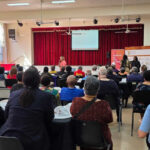 Alzheimer’s Awareness Day – breaking down the stigma
Alzheimer’s Awareness Day – breaking down the stigma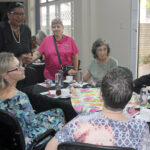 Always better to say, ‘thank you’ in person
Always better to say, ‘thank you’ in person “Back in Time” with our resident volunteers!
“Back in Time” with our resident volunteers! More than 200 older persons shine at Tafta sports day
More than 200 older persons shine at Tafta sports day Sixteen-year-old leads heartfelt drive to support Tafta
Sixteen-year-old leads heartfelt drive to support Tafta Keeping elders connected – WiFi is in the building!
Keeping elders connected – WiFi is in the building! Elders’ safety prioritised with new fencing at Tafta Park
Elders’ safety prioritised with new fencing at Tafta Park